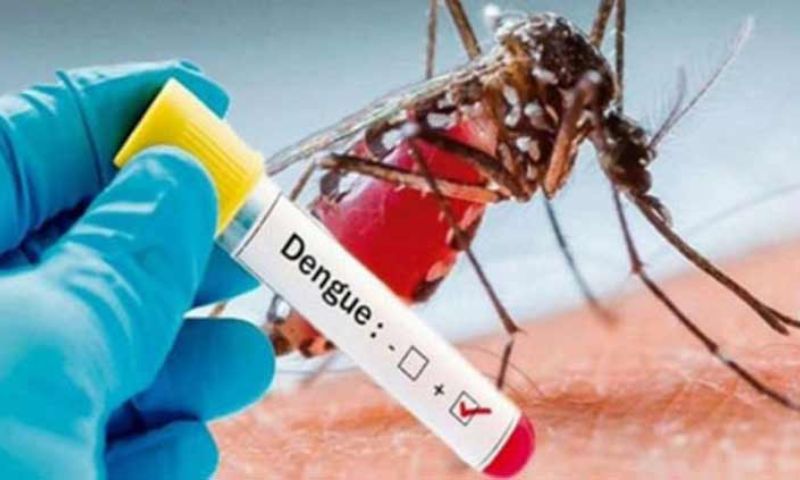PESHAWAR: The increasing incidence of dengue has heightened concerns about a potential outbreak of disease in Khyber Pakhtunkhwa. Health officials said that 53 new cases have brought this year’s total to 904 infections in the province.
“This latest wave of infections has left authorities perplexed, with fears of severe outbreaks, particularly in Peshawar, which has recorded 244 cases—the highest in the province,” an official told the local media. He noted that currently, 17 dengue patients have been hospitalized, but many cases remain unreported as individuals prefer to seek treatment at local clinics often run by unqualified practitioners.
Presently, the province has 357 active cases, while 547 patients have been discharged after recovery. So far, hospitals have admitted 127 cases, but a surge in infections suggests that more individuals will require hospitalization.
While only two fatalities due to dengue have been reported in the province, officials emphasize the need for the elderly and those with other health issues to remain indoors, particularly during the evenings, to avoid mosquito bites.
In addition to Peshawar, districts such as Abbottabad, Hangu, Mansehra, and Nowshera have also become hotspots for the infection, with reported cases numbering 114, 93, 80, and 79, respectively. Dengue cases have emerged in 25 districts, indicating widespread transmission, especially following recent rains that have created stagnant water pools—prime breeding grounds for mosquitoes.
The government annually formulates a Dengue Action Plan, emphasizing collaboration among relevant departments, but residents are left with no choice but to stockpile water due to unpredictable power outages. Additionally, the role of local municipal committees in removing standing water has been crucial, as it is a significant source of mosquito breeding.























